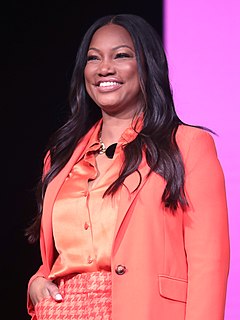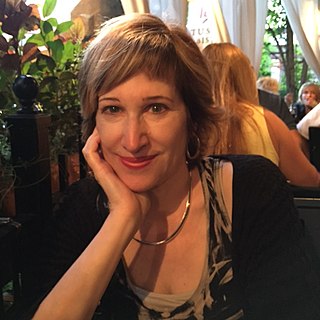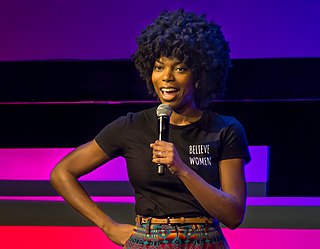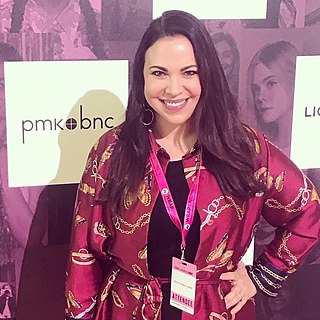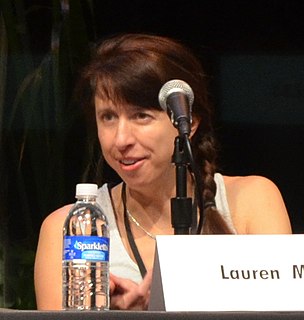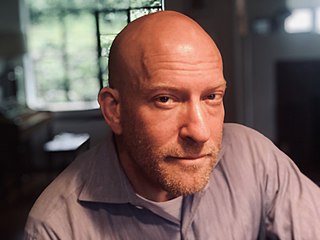A Quote by Garcelle Beauvais
Conversations between parents and kids are important - about race issues, about all kinds of things, about heritage.
Related Quotes
On the question of women's sexual freedom or female independence, there are still issues that haven't been worked out. There's an aura of traditional gender roles that is not talked about that really permeates these conversations. There is this vacillation between a desire for independence and having the kinds of sexual freedom that men have and, on the other side, issues about female vulnerability and susceptibility to male aggression and violence. We need more honesty about the actual conditions in which sex is happening.
I worry about the kids who have too much. As a parent living in a so-called good neighborhood with children who went to private high school, I found myself spending much time in parent groups worrying about alcohol, unsupervised parties, and parents not being parents. We've got to send messages to our kids about what is important.
'Everything To Me' is about everything that's important. It's about my wife, my kids, it's about life, about being happy. It's about life in general, you know, about not knowing what's going to be around the corner, but you've got to enjoy it and enjoy the things you have. My wife, my kids, my health, and stuff like that.
Advertisers have become scared of talking about certain issues because they don't want to upset an American family. I think it's a shame because there are things we want to talk to our kids about. So to be able to talk about LGBT issues on our shows. To be able to to talk about sex on our shows. Now if you're like, "I'm going to do an episode talking to kids about sex," on a network that's hard to do!
I think that the important thing to know is, which is great about this country [the USA], when it comes to domestic issues, we all battle it out and fight it between the parties and all those kind of things to get things done, but when it comes to foreign issues, overseas kind of things, then we all speak with one voice.
Housing in New York seemed to fit Norman Lear. In addition, his shows confronted all kinds of social issues - racial separation and prejudice being foremost among them. The Evans of Good Times were the first black family to be the focus of a primetime American TV show. A lot of the people we came across in filming were familiar with the role Norman played in catalyzing important national conversations about race. They seemed grateful to him for trying to move the needle.
Obviously there are many, many ways of being an outsider, but having immigrant parents is one of them. For one thing, it makes you a translator: there are all kinds of things that American parents know about life in America ,and about being a kid in America, that non-American parents don't know, and in many cases it falls on the kid to tell them, and also to field questions from Americans about their parents' native country.
